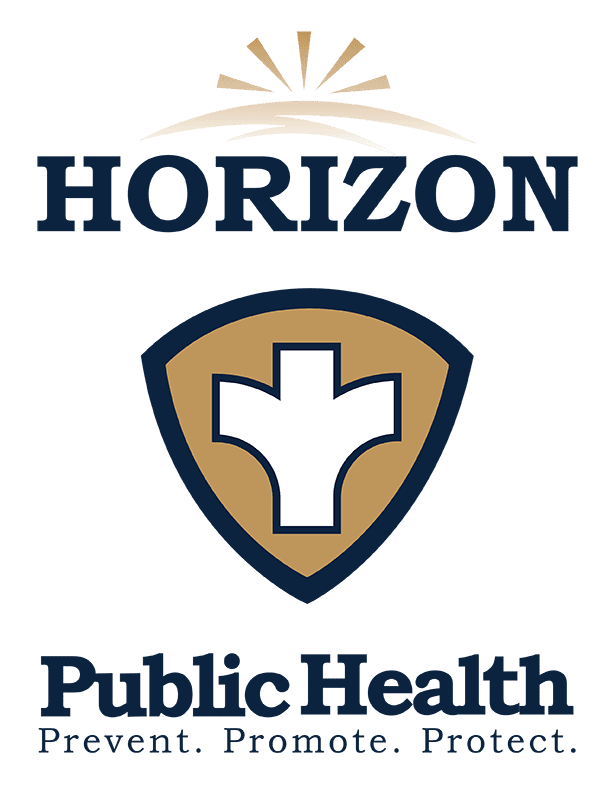Programs
Child and Teen Checkups
Child and Teen Checkups
Child and Teen Checkups (C&TC) are complete head-to-toe health and development checkups. They are at no cost to any person under 21 years old who is insured by PrimeWest, Medical Assistance or another publicly funded health plan, like Medica or Blue Plus. Regular C&TC health exams help infants, children and adolescents be the healthiest they can be. Your health care provider can help you understand and address physical, mental or emotional health issues before they become serious.
What’s included in Child and Teen Checkups?
- Information about good physical and mental health
- Time to ask questions and get answers about your child’s health, behavior and development.
- Complete head-to-toe physicals
- Shots
- Hearing check
- Vision check
- Age appropriate lab tests (such as lead or Hemoglobin)
- Development and growth checks
- Oral check and referral to the dentist
How often should children get Child and Teen Checkups?
- Between birth and one month
- At ages 2, 4, 6, 9, 12, 15, 18, 24 and 30 months
- Annually between the ages of 3 and 21
- More often if needed
If you would like more information about Child and Teen Checkups, Head Start and Early Childhood Screenings, please call Horizon Public Health at 800.450.4177 option 3
Where can I get Child and Teen Checkups for my children?
Please click the following links to find a provider near you:
Child Speech, Language, and Hearing Concerns
While all children develop skills at different ages, it’s important to be aware of delays that could be concerning. Most children learn to talk between the ages of twelve and eighteen months. However, if by then your child is not meeting milestones, you may want to discuss your concerns with your child’s physician. It’s important to know what is or isn’t typical. Below, is a list of what to expect regarding speech, hearing, and language. Communication starts at a young age, and before a child learns to talk.
This is not a complete list. Your child’s physician can provide you a list of milestones at your child’s well visits.
The first year:
- Birth to three months: Startles at loud sounds, seems to recognize your voice, makes cooing sounds.
- Four to six months: Moves eyes in the direction of sounds, notices toys with sounds, giggles and laughs.
- Seven months to one year: Looks when you point, understands some words, responds to simple words like “No.” Plays games like peek-a-boo, uses gestures like waving, says words like hi, dog, mama.
One to two years:
Points to a few body parts, listens to simple stories, songs, points to pictures when named, asks questions, like “What’s that?”, puts words together, like “no bed.”
Two to three years:
Understands new words quickly, talks about things not in the room, uses two or three words to ask for things, people can understand them.
Three to four years:
Understands some colors, like red, blue, and green, answers simple who, what, and where questions, says rhyming words, like hat–cat, puts 4 words together, talks about what happened during the day, uses about 4 sentences at a time.
Four to five years:
Understands words for order, like first, next, and last, understands words for time, like today and tomorrow, names letters and numbers, tells a short story.
If you have any concerns that your child is not communicating, don’t delay in seeing a medical provider. Early intervention is key to helping your child. Low-cost services may be available to assist. Your child’s doctor or school can help you locate those resources.
How Vaccines are Developed
Follow the journey of a childhood vaccine from development through safety monitoring after a vaccine is licensed and introduced to the population.
Dental Access
This video comes from the West Central Early Childhood Dental Network. Its message illustrates how difficult it is for families with Medical Assistance Insurance to find dental care for their children. While progress is being made through mobile outreach clinics like Apple Tree and Caring Hands the need is ever growing. Progressive legislation could help families access dental care and encourage Minnesota dentists to provide that access. Thank you for watching and educating yourself about this issue.
